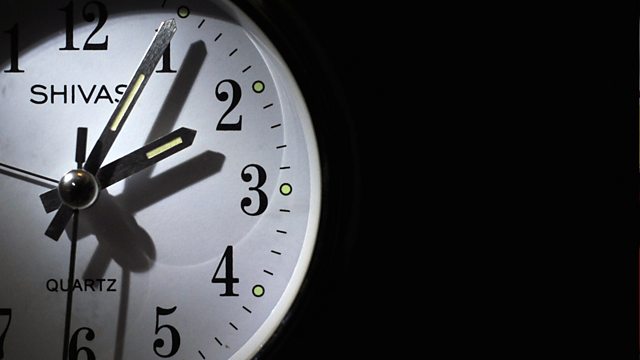What is the Real Time?
Time is a slippery concept that scientists still do not fully understand. We explore the history of time-keeping and the science behind the most accurate clocks today.
It sounds like a simple question – what is the time? But look closer and you realise time is a slippery concept that scientists still do not fully understand. Even though we now have atomic clocks that can keep time to one second in 15 billion years, this astonishing level of accuracy may not be enough. The complexity of computer-controlled systems, such as high-frequency financial trading or self-driving cars which rely on the pinpoint accuracy of GPS, could in future require clocks that are even more accurate to ensure everything runs ‘on time’.
But what does that even mean? As Anand Jagatia discovers, time is a very strange thing. He visits the origins of modern time-keeping at the Royal Observatory in Greenwich and meets scientists at the National Physical Laboratory who have been counting and labelling every second since the 1950s. He meets Demetrios Matsakis, the man who defined time and visits the real-life ‘Time Lords’, at the International Bureau of Weights and Measures (BIPM) in Paris to find out how they co-ordinate the world’s time and why the leap second is ‘dangerous’.
Do you have a question we can turn into a programme? Email us at crowdscience@bbc.co.uk
Last on
More episodes
Broadcasts
- Sat 28 Jan 2017 11:32GMT���˿��� World Service except Europe and the Middle East, News Internet & South Asia
- Sun 29 Jan 2017 01:32GMT���˿��� World Service except News Internet
Podcast
-
![]()
CrowdScience
Answering your questions about life, Earth and the universe


